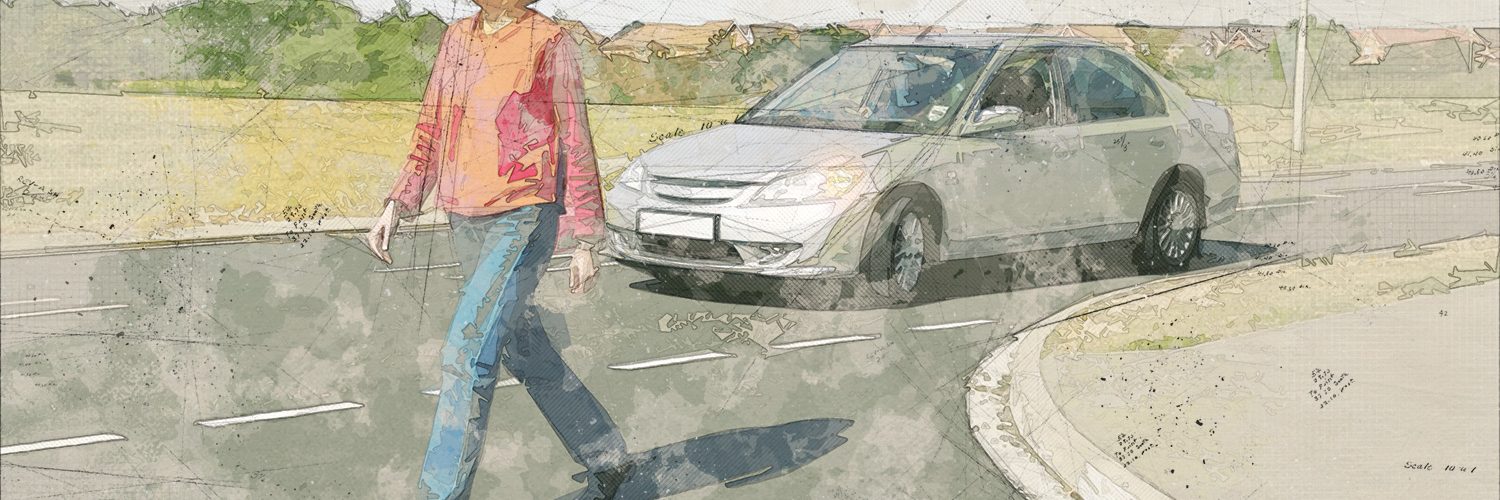The Highway Code is up for revision with a view to reinforcing the rights and protections of people walking, cycling or riding a horse. Here are some notable changes proposed.
At present, Rule 170 gives priority to a pedestrian who has started crossing a side road, although this is not always respected. Proposed new wording would bring the UK into line with countries that treat the pavement as continuous and would require drivers to give way when crossing it.
According to Rule 195, to claim your right to use a zebra crossing, you must step into the road. That makes it especially difficult for a blind person to cross safely. The change being proposed requires drivers to give way to pedestrians (and, at parallel crossings, cyclists) waiting to cross.
There is some misunderstanding about undertaking. Bus and cycle lanes are designed to allow buses and cycles to undertake a queue of traffic, but this puts cyclists at risk of being cut up by a driver turning left, sometimes with tragic consequences. A change is being proposed to Rule 183 which would make it clearer to drivers that they should give way to vehicles passing on either side.
In Rule 59, cyclists are directed to wear a helmet and reflective clothing. Neither provides significant protection, contrary to people’s intuitions. Both deter people from cycling. Worse, the rule leads magistrates, juries, insurers and news reporters to unjustly put the blame on people injured while cycling. Compared with driving, cycling is far healthier and more sustainable, whatever the rider chooses to wear. Instead of the proposed tweaks, it would be better to strike out this rule.
The changes are limited to advisory (“should”) elements of the Highway Code, and will not touch the legal (“must”) elements. That has disappointed some campaigners, because only the legal elements are enforceable by the police. However, the Highway Code is used by courts to determine the extent to which people involved in a collision are responsible. A driver who did not obey a directive in the Code is likely to be found guilty of at least careless driving.
Do respond to the consultation before 27 October.
This article was first published in the Cambridge Independent on 7 October 2020.



Add comment